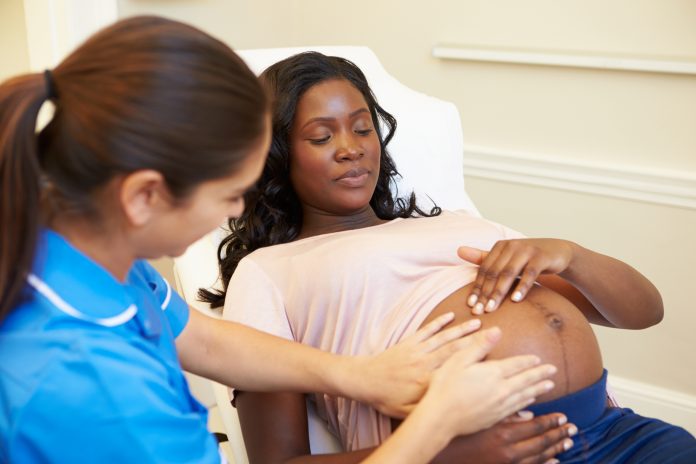In the context of pregnancy and COVID vaccines, a study finds that vaccination does not create complicated birth outcomes
When it comes to pregnancy and COVID, real-world data proves that the virus can create complications for the unborn child and the mother. As the COVID pandemic continues, individuals who can get the vaccine are opting to be protected against the virus.
Vaccines faced significant social media misinformation issues
When vaccines were released in 2020, there was a prolific rise in myths around vaccine side effects. For instance, some people were told that taking a COVID vaccine would inflict damage on their fertility, despite there being no scientific proof for this outcome.
However, a scientific education isn’t easily accessible. It can be difficult to know what is real and what isn’t – especially when social media disinformation is involved.
Often, vaccine initiatives are treated with immense suspicion. A Tweet with a lot of likes can become a lighthouse of imagined truth, for thousands who see it and don’t go anywhere else to fact-check that information. Sadly, this misinformation can lead to negative health outcomes for some of the most vulnerable communities.
So far, mRNA vaccines can cause a temporary milk reduction
“A mother’s first concern is the safety of her child,” said Dr Christina Chambers, professor of pediatrics at UC San Diego School of Medicine and not involved in this study.
A study by Dr Chambers found that at most, a minority of breastfeeding women reported a temporary reduction in milk supply after mRNA vaccination, which came back within three days.
Investigating the impact of COVID vaccination on pregnancy in a new analysis, Dr Deshayne Fell looked at nearly 100,000 pregnancies. Dr Fell used data from BORN Ontario, a Canadian birth registry, which is also linked to a COVID immunisation database.
Vaccinated mothers did not face worsened birth outcomes
The team found that babies with vaccinated mothers did not need increased admission to the neonatal intensive care unit, and there was no increased health risk. For instance, vaccination did not increase the risk of heavy bleeding after childbirth, infection in the uterus or membrane, or emergency caesarean section among vaccinated mothers.
The data seemed to suggest that babies retained some level of protection to COVID-19, if their parent was vaccinated. A separate study, conducted by the University of Florida, found that breastmilk could transfer essential antibodies.
The control group were 23% vaccinated during pregnancy, which means that the scientists looked at the health of 22,000 people.
In addition, vaccinated mothers didn’t produce different likelihoods of babies who may need special care – such as extra help with their breathing.
Medical experts recommend vaccines to protect against ICU
After the evidence of the last couple of years, vaccination against COVID is now recommended for pregnant women – who face a really difficult fight against the virus itself, with higher risks of complicated births.
This increased likelihood of a difficult fight includes hospitalisations, ICU admissions and death.
Dr Fell, an Associate Professor in the University of Ottawa’s Faculty of Medicine and a Scientist at the CHEO Research Institute, said: “There is increasing evidence from studies around the world showing that COVID-19 vaccination during pregnancy is not associated with poor pregnancy or birth outcomes, and showing that COVID-19 vaccines are effective at preventing COVID-19 in pregnant mothers and also in their babies in the first few months of life.”











